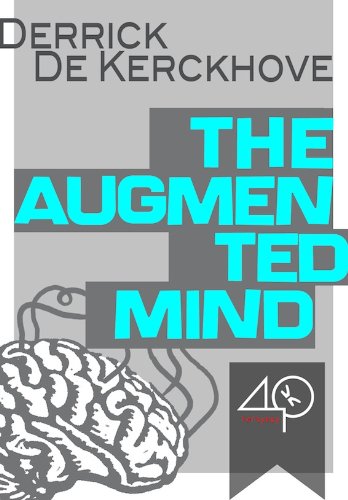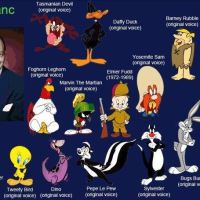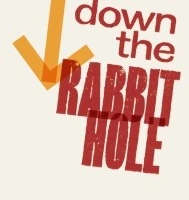‘No One Is Talking About This’ by Patricia Lockwood (Riverhead Books, 2021)
In an interview the people’s comedian Stewart Lee, esteemed British author Iain Sinclair commented on changes in the cultural knowledge over time noting that “older, deeper, stranger knowledge is disappearing”.
Here and now, in the Google universe, everything is searchable and, on a superficial level at least, knowable. Among the list of ‘100 Things We’ve Lost to the Internet’, Pamela Paul lists ‘Being the only one’, ‘Private Observances’ , ‘Blocking Things Out’ and ‘Figuring Out Who That Actor Was’. This makes for a light-hearted topic at a dinner party but in the internet novel ‘No One Is Talking About This’, Patricia Lockwood makes it abundantly clear that the re-wiring of our brains has more serious consequences.
She addresses head-on the growing perception that despite the ultra-connectedness of the 21st Century, we are losing the ability to communicate or to understand reality. Lockwood writes: “The future intelligence must be about search, while the future of ignorance must be about the inability to evaluate information.” Arguing with people you’ve never met and never will meet is no substitute for face to face confrontations or any way to be human.
Continue reading

 ‘Just what is it that makes today’s homes so different, so appealing?’ This is title of the famous Pop Art collage by English artist Richard Hamilton from 1956.
‘Just what is it that makes today’s homes so different, so appealing?’ This is title of the famous Pop Art collage by English artist Richard Hamilton from 1956. Nowadays, with the information overload, our minds have become more nimble but the major drawback of all the online zapping is that we are rapidly becoming less capable of the kind of critical thinking that makes us unique individuals.
Nowadays, with the information overload, our minds have become more nimble but the major drawback of all the online zapping is that we are rapidly becoming less capable of the kind of critical thinking that makes us unique individuals.







